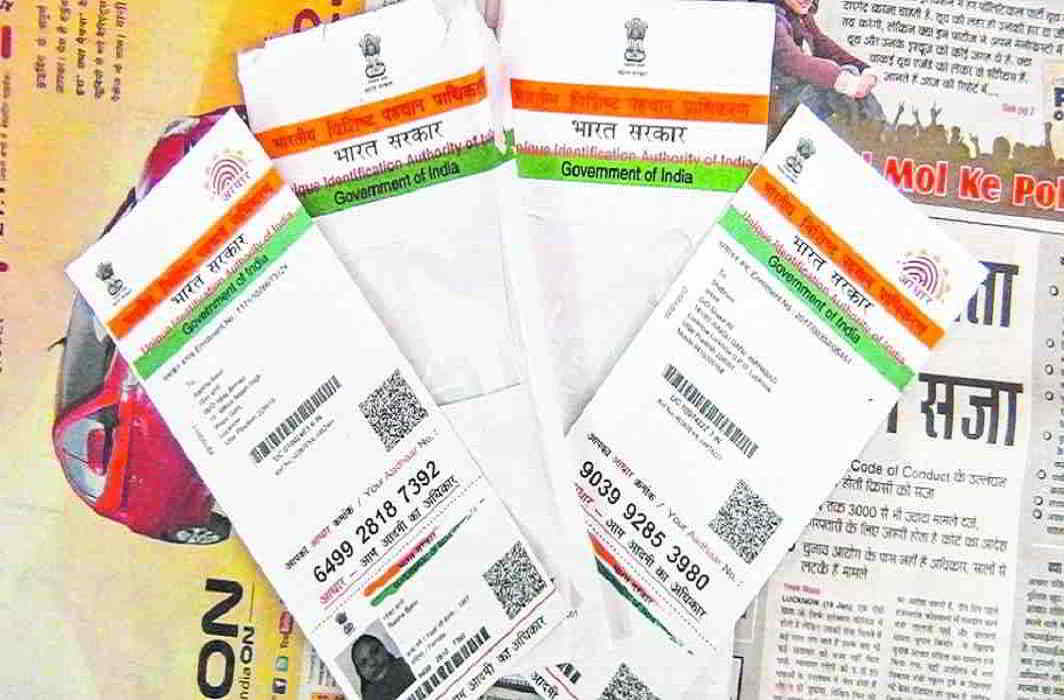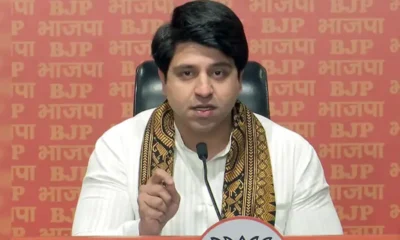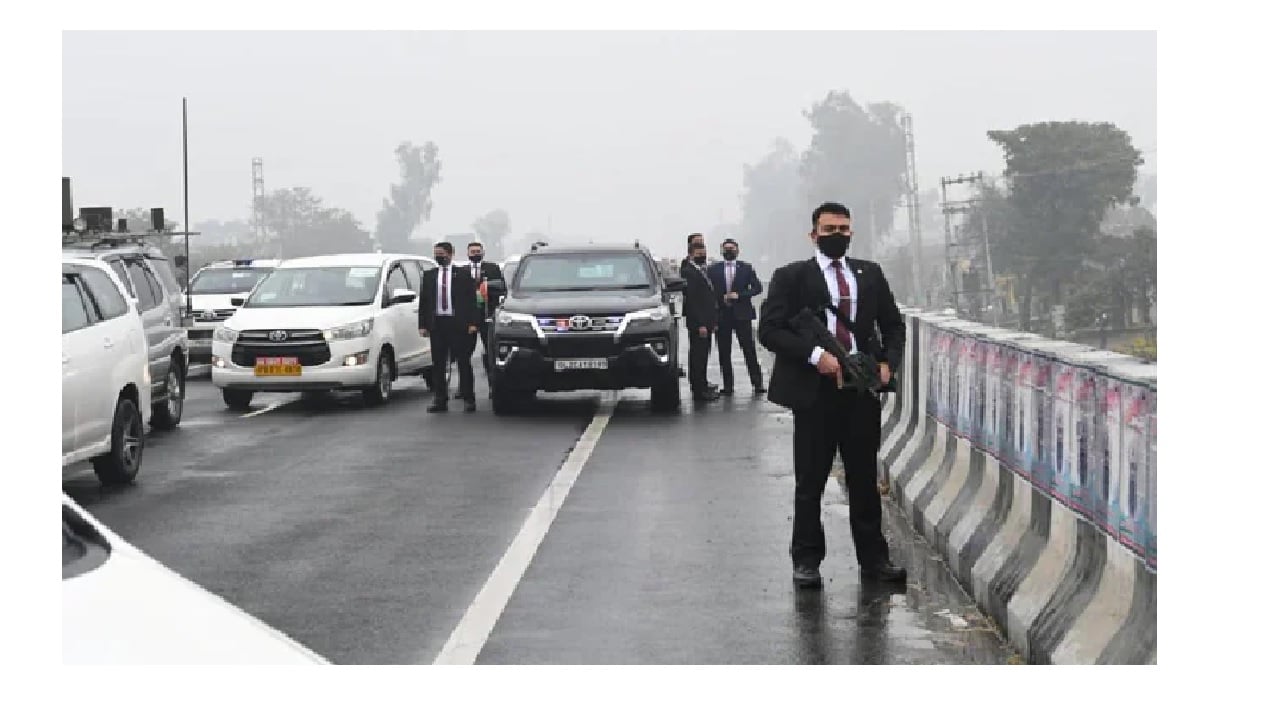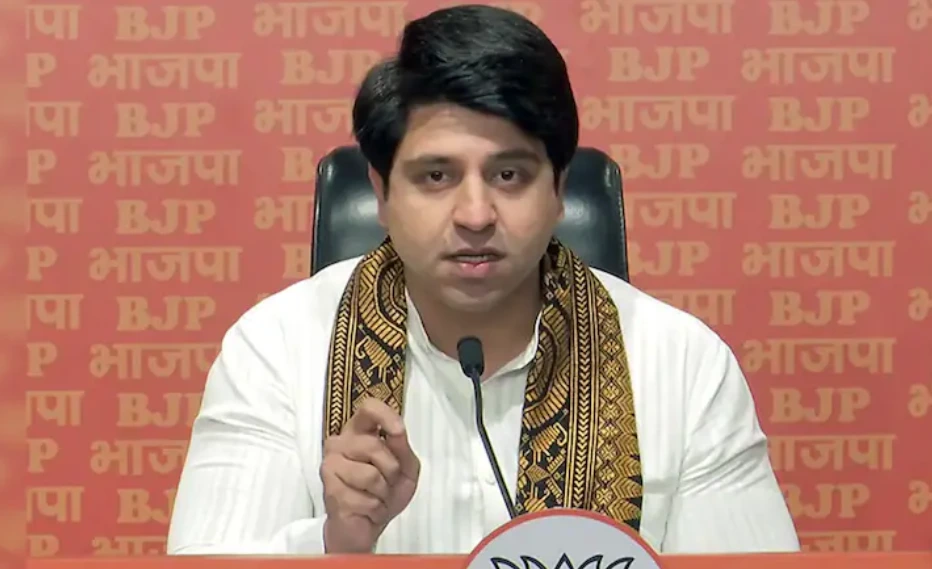India News
Aadhaar vs Privacy: Two warnings from the US

India News
PM Modi skips Lok Sabha reply as protests force repeated adjournments
PM Modi did not deliver his Lok Sabha reply today after sustained Opposition protests led to repeated adjournments over a dispute involving Rahul Gandhi’s proposed speech.
India News
President’s Rule revoked in Manipur as NDA set to form new government
President’s Rule has been withdrawn in Manipur nearly a year after its imposition, paving the way for a new NDA-led government under Yumnam Khemchand Singh.
India News
BJP spokesperson Shehzad Poonawalla’s mother injured in hit-and-run incident in Pune
BJP spokesperson Shehzad Poonawalla has alleged that his mother was deliberately hit by a car in Pune and left critically injured. She is scheduled to undergo surgery.
-

 India News20 hours ago
India News20 hours agoThree sisters die after jumping from ninth floor in Ghaziabad
-

 India News19 hours ago
India News19 hours agoBJP spokesperson Shehzad Poonawalla’s mother injured in hit-and-run incident in Pune
-

 Latest world news19 hours ago
Latest world news19 hours agoMoscow says no word from India on stopping Russian oil purchases
-

 India News20 hours ago
India News20 hours agoUS tariff cut to 18% is positive signal for Indian exporters, says Sitharaman
-

 Entertainment16 hours ago
Entertainment16 hours agoBorder 2 box office collection day 12 crosses Rs 286 crore, eyes Rs 300 crore milestone
-

 India News13 hours ago
India News13 hours agoPresident’s Rule revoked in Manipur as NDA set to form new government
-

 India News10 hours ago
India News10 hours agoPM Modi skips Lok Sabha reply as protests force repeated adjournments















